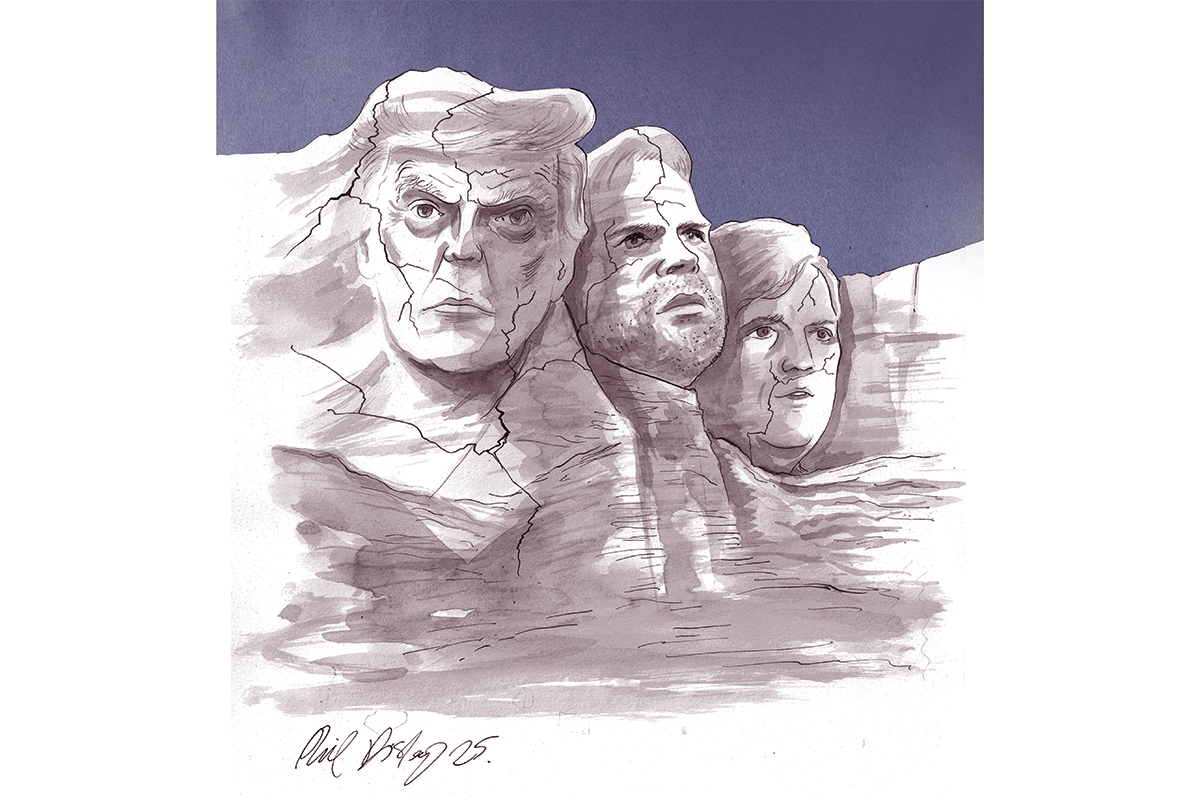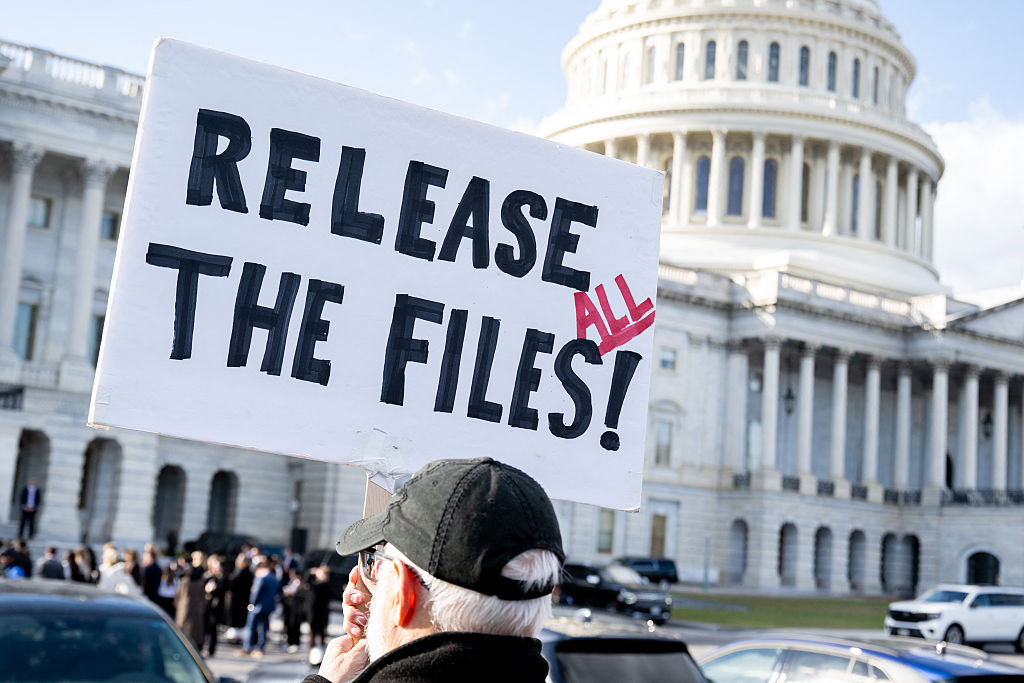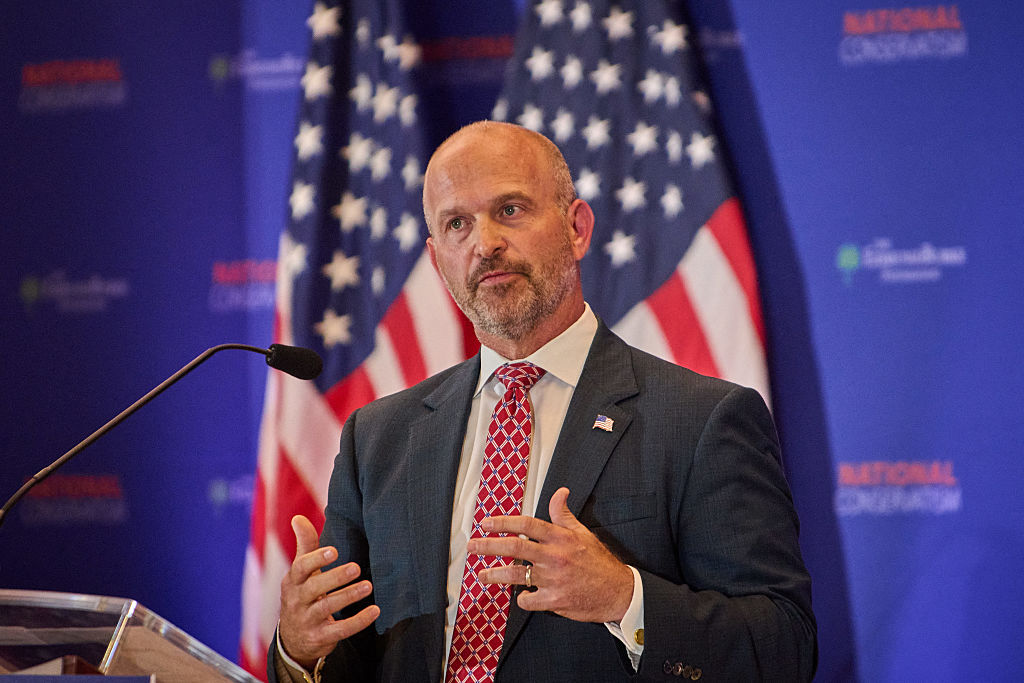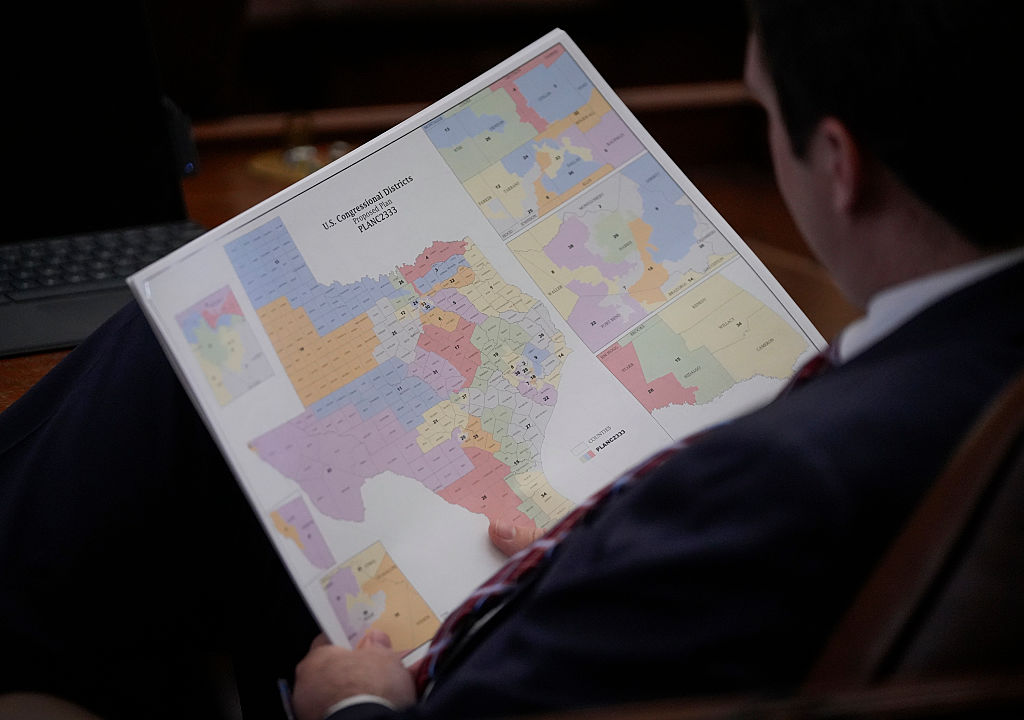UK Prime Minister Keir Starmer, French President Emmanuel Macron and the rest of Europe’s leaders are clear about what they want to see in Gaza: an immediate ceasefire, the release of the 50 remaining hostages in Hamas’s grasp, an acceleration of aid supplies and an end to a nearly two-year war that has turned the coastal enclave into a real-life version of Dante’s Inferno. Macron went one step further several days ago, announcing that France will recognize an independent Palestinian state at next month’s UN General Assembly meetings in New York. Starmer, under pressure from Labour backbenchers, is moving in a similar, albeit more conditional, direction.
Compare this to President Trump, who often has trouble articulating what US policy goals in Gaza are and what he actually envisions happening there.
The confusion started weeks into his second term, when Trump, hosting Israeli Prime Minister Benjamin Netanyahu at the White House, shocked the world by telling everybody that his grand plan for the war-shattered Palestinian territory was to expel the roughly two million Palestinians who lived there to make room for a bunch of resorts and spas. The Trump administration insisted that this plan – if you could call it that – was based the president’s humanitarian motives. It was simply too dangerous and chaotic for Palestinians to continue living in Gaza, the White House said.
It didn’t take long before Trump’s idea collapsed. Palestinians were universally opposed to the prospect of what would be a forced dislocation. Arab states like Egypt and Jordan, who would be relied on to take in the bulk of the Palestinians, vocally denounced it. The Arab League proposed an alternative that would keep the population in select areas of Gaza temporarily to buy time for a massive rebuilding to the tune of $53 billion. As the months went by, Trump largely moved on, claiming credit for compelling the Arab world to offer up their own ideas.
Then, in March, Trump green-lit Netanyahu’s decision to resume the war after a six-week truce suspended hostilities with Hamas. That was the same truce that then-President Elect Trump vocally supported, and which his own envoy, Steve Witkoff, helped broker back in January. The ceasefire bought some quiet in Gaza, paved the way for a partial release of hostages and provided time for the two parties to negotiate a long-lasting end to the conflict. Netanyahu, however, was never particularly enthralled with the ceasefire, likely only signed on the dotted line because Trump insisted on his cooperation and believed – accurately – that Washington would eventually support a return to war. Whether this was a bid by Trump to increase the pressure on Hamas to sign a deal on Israel’s terms or due to frustration with the entire diplomatic process playing out at the time was unclear.
Trump’s twists and turns on Gaza have only gotten more feverish since then. On some days, he appears willing to buck Israel, such as when he authorized Adam Boehler, his hostage envoy, to negotiate directly with Hamas in an attempt to get the last American hostage out of the enclave (it worked; Edan Alexander returned home in May). On other days, he doesn’t mention Gaza at all, viewing it as Israel’s problem to solve. Then a week passes and Trump sounds awfully like Netanyahu, as if he had a metamorphosis in his sleep, telling the Israel Defense Forces to “finish the job” and egging on the Israelis to push for a military solution to Hamas that simply doesn’t exist.
This week, Trump sounds quite different, favoring his humanitarian side yet again. Asked whether he agreed with Netanyahu that there was no starvation in Gaza, the president said no and reiterated that everybody needed to step up – including the Israelis – to ensure food got into the area. “We can save a lot of people, I mean some of those kids,” Trump remarked. “That’s real starvation; I see it and you can’t fake that. So we’re going to be even more involved.” Even so, Trump largely blamed Hamas for stealing the humanitarian shipments, this despite the IDF’s own officers acknowledging in an internal assessment that evidence for aid diversion is lacking.
All of this unleashes a swirl of questions, none of which we have answers too. Indeed, it’s likely Trump doesn’t have answers for them either. And that’s a big part of the problem.
First and foremost, is Trump really committed to becoming the so-called peacemaker he packaged himself to be on the campaign trail? Right now, at least with respect to Gaza, it doesn’t look like it. He says one thing and does another. He castigates Israel for the humanitarian abomination that is unfolding under its watch but nevertheless continues to implement a US policy that defers to Netanyahu, who has demonstrated no interest in a peace agreement short of an outright surrender by Hamas. This is especially surprising because Trump knows he possesses leverage over the Israeli premier; it was only a month ago when Trump dressed down Israel in front of the cameras for threatening the ceasefire with Iran he announced hours earlier. The Israelis got the angry message, and the ceasefire has held to the present day. Is Gaza some kind of exception to the rule in Trump’s mind?
Another question we should ask: is Trump content to write-off Gaza as a problem Israel and the Arab world have to manage on their own? This would be a reasonable position to take; the United States, after all, doesn’t have core interests at stake in Gaza like Saudi Arabia, Jordan, Egypt, Lebanon and Israel do. The last thing Washington should be doing is plunging deeper into the Gaza muck. Yet time and again, Trump is content with following Netanyahu’s lead on this issue, to the point where one genuinely wonders whether he understands that American and Israeli interests aren’t completely aligned.
Trump doesn’t know what he wants. This serves Netanyahu’s strategy just fine.


























Leave a Reply